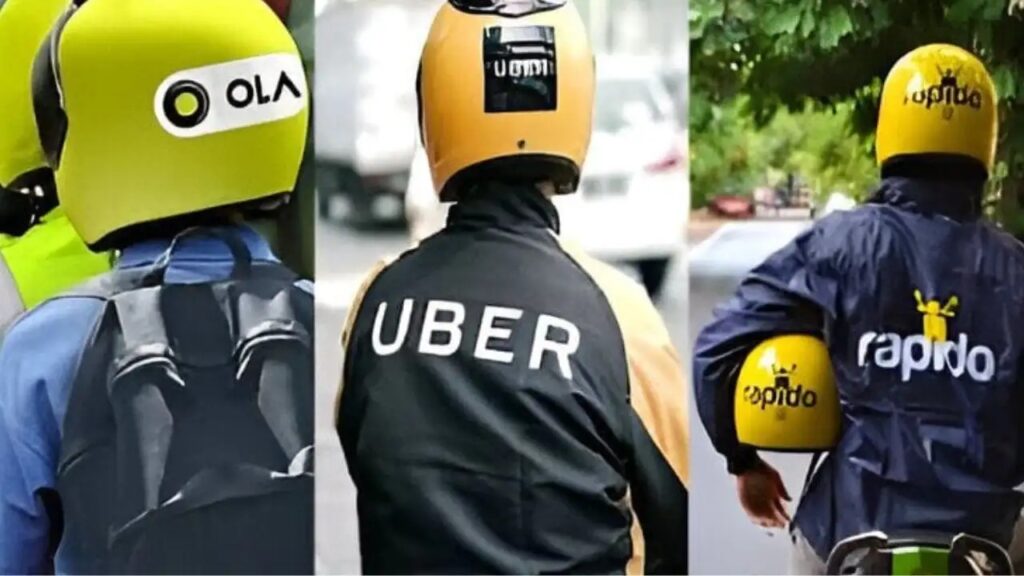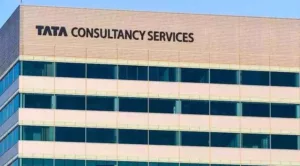Centre Clears Legal Path For Bike Taxis, But States Hold The Key To Rapido And Uber’s Return

Centre Clears Legal Path For Bike Taxis, But States Hold The Key To Rapido And Uber’s Return
The Ministry of Road Transport and Highways (MoRTH) on July 1 issued long-awaited guidelines that could change urban transport in India—by officially allowing state governments to legalize bike taxi services using privately registered motorcycles through aggregators like Rapido, Uber, and Ola.
However, while this move provides a clear legal framework, it does not grant automatic approval. States must now independently decide whether to allow such services.
The guidelines outline that states may authorize private motorcycles for shared passenger journeys, hyperlocal deliveries, and other services, emphasizing reduced traffic congestion, pollution, and increased affordability and employment. They also allow states to levy operational fees—daily, weekly, or fortnightly—on aggregators.
To comply, aggregators must ensure all onboarded drivers meet licensing, insurance, and vehicle fitness requirements.
Legal Clarity, But Final Call with States
Legal experts say this is a significant policy shift, as bike taxis have long existed in a legal grey area. The Centre’s new rules now provide legal clarity and place decision-making power in the hands of state governments.
The policy comes under Section 67(3) of the Motor Vehicles Act, allowing states both regulatory control and a new revenue stream.
This marks a big opportunity for cities battling congestion and looking for affordable last-mile transport solutions.
Mixed State Responses
States now need to act to make the policy effective. For instance, Karnataka imposed a complete ban on bike taxis from June 16, halting Rapido’s key operations. In contrast, Maharashtra allows bike taxis—but only electric ones.
Rapido, which earns nearly half its revenue from bike taxis, welcomed the move. “We are committed to working with state governments to implement this in compliance with the new guidelines,” Rapido said in a statement. Uber also praised the new guidelines and urged states to adopt them quickly for consistent implementation. Ola has yet to respond.
The Bigger Picture
The central approval is seen as a potential lifeline for the sector, particularly in urban areas where bike taxis offer affordable, fast, and efficient transport. Fares typically range from ₹20 to ₹50—often half the cost of auto-rickshaws or cabs.
The timing is crucial. Drivers in Karnataka have been protesting the ban, urging the government to adopt a more inclusive policy.
Interestingly, all three major aggregators—Rapido, Ola, and Uber—are now experimenting with SaaS (Software-as-a-Service) subscription models for drivers instead of the traditional per-ride commission model. Ola introduced the model for autos in April 2024, followed by Uber in February 2025. Ola has since expanded the zero-commission system across categories.
Though the central government has now opened the door, the success of bike taxis in India still depends entirely on how quickly and uniformly states act on these new guidelines.












